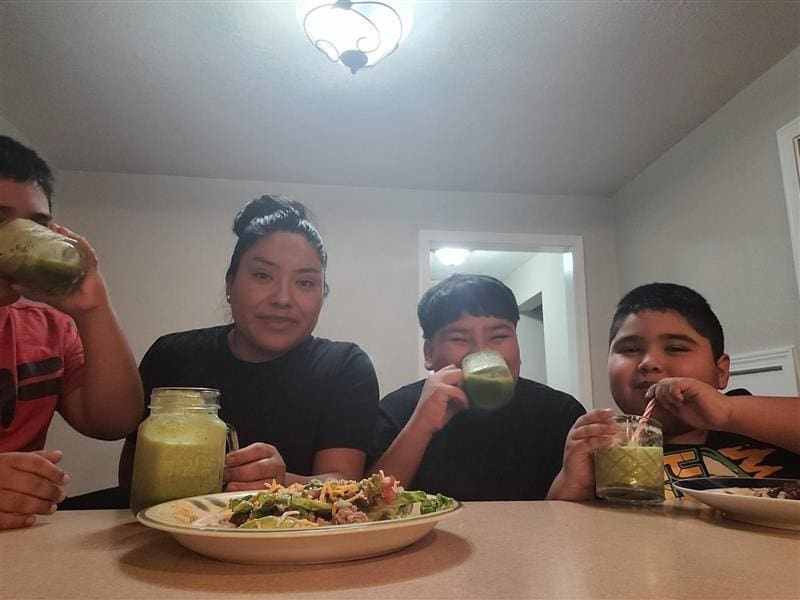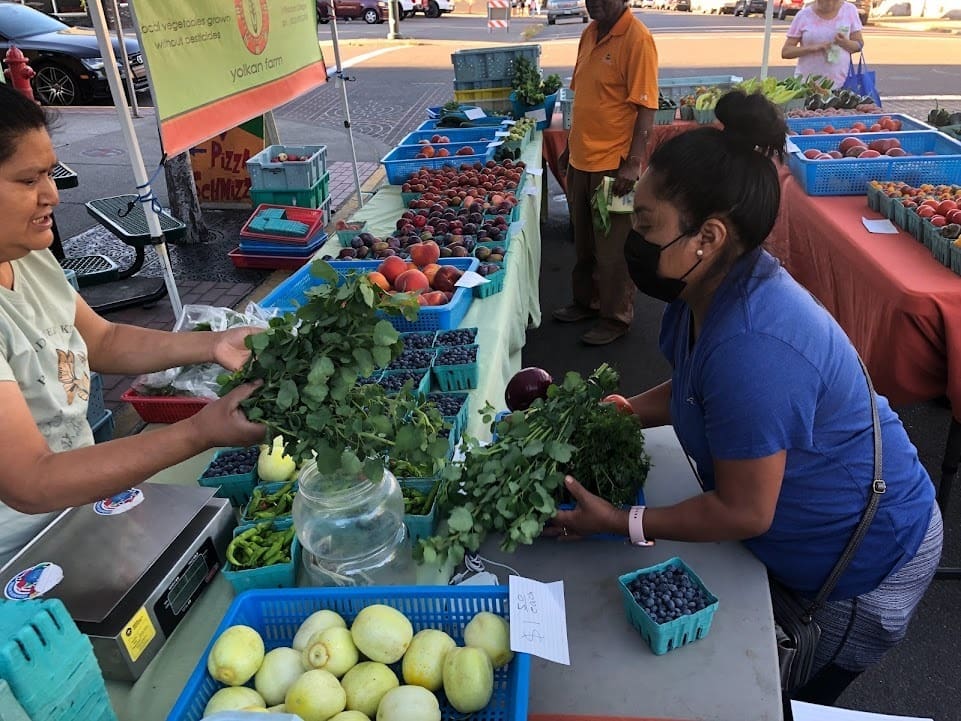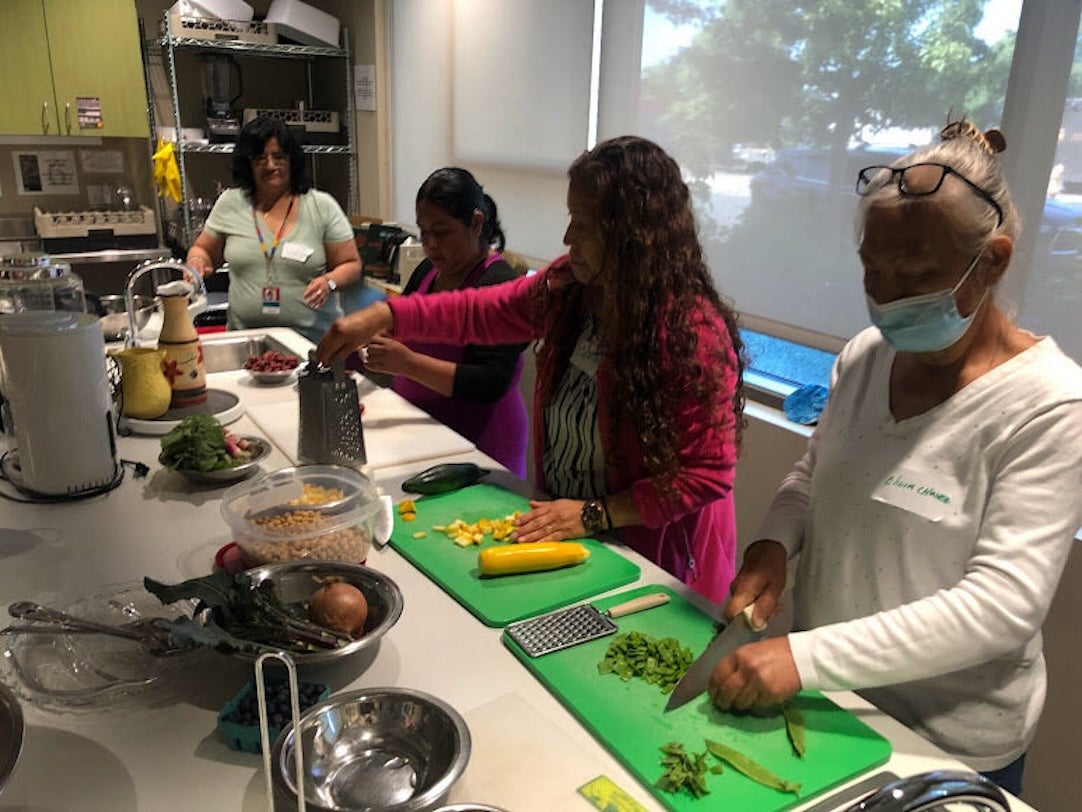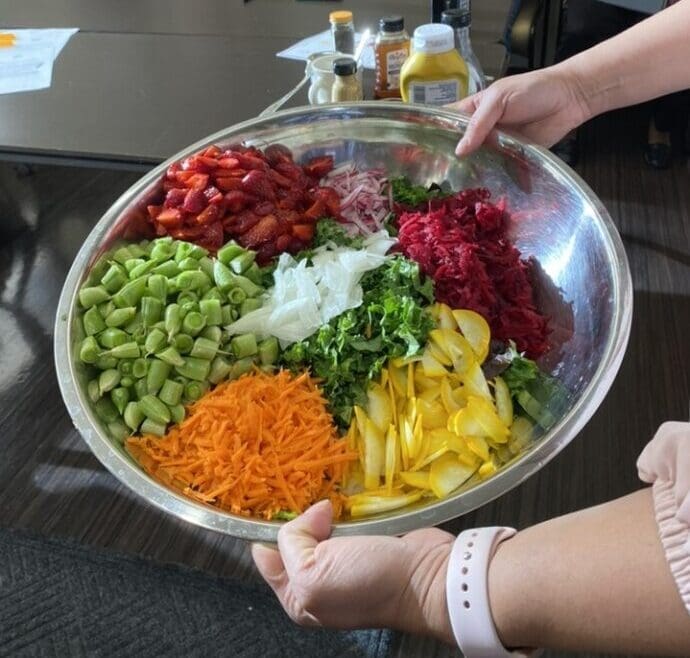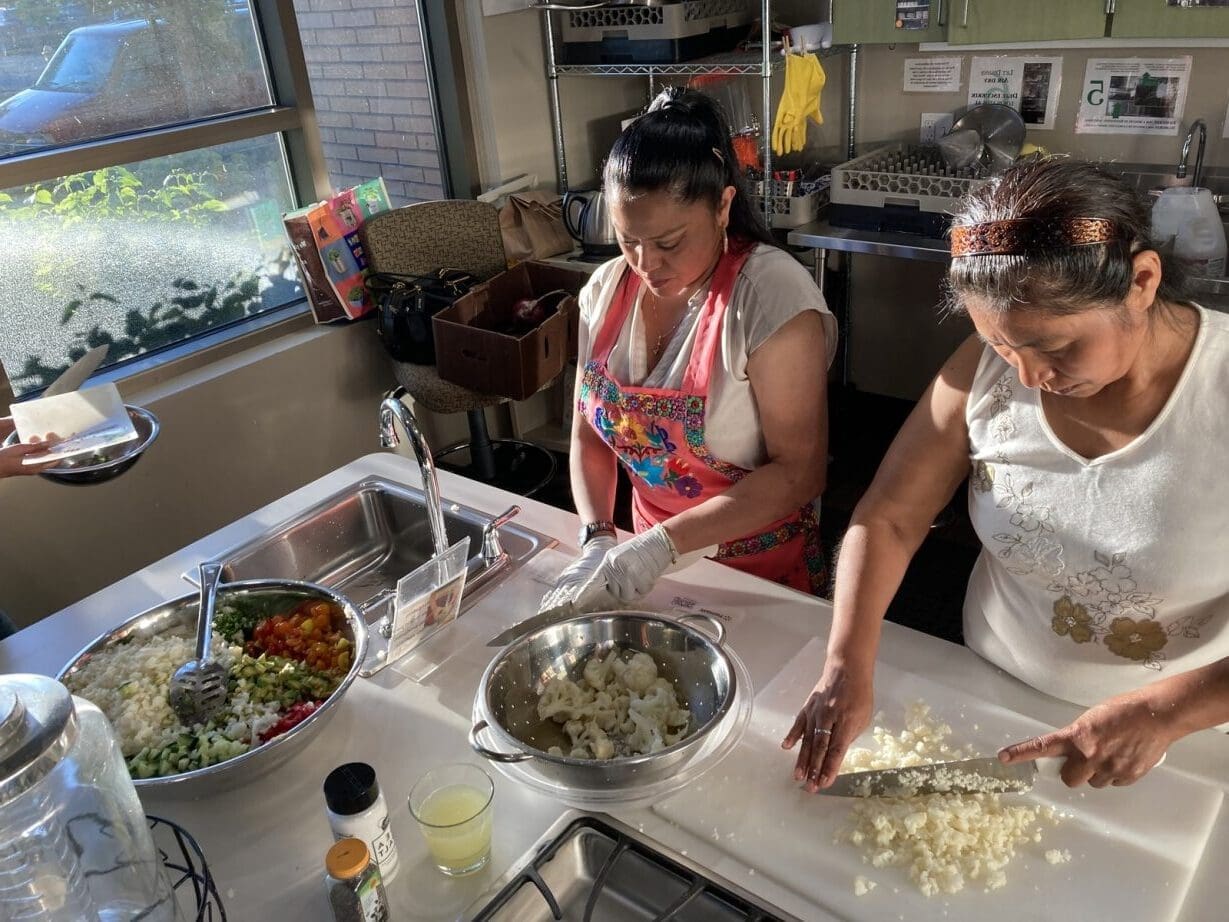In a family, and in a community, produce prescription programs creates transformative change. We want to show others how well this can work.
Andrea Chunga-CelisAdelante Mujeres’ Director of Development
Why it Matters
- 0%%
of Americans eat the recommended amount of fruit and vegetables
- ~0ThousandThousand
deaths annually are caused by poor diets contributing to heart disease and diabetes in the U.S.
- >0%%
of Latino and Hispanic adults develop Type 2 diabetes
More in this Matter of Impact Edition
Previous Story
Mom and Preteens Transform Their Neighborhood With Solar – And It Spreads
Begun in a neighborhood, spreading throughout a nation, Solar United Neighbors is helping communities go green.
Read MoreNext Story
A Woman Artist Explores the Impacts of a Degrading Environment
An artist documents climate-forced migration in India.
Read More